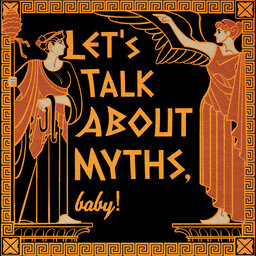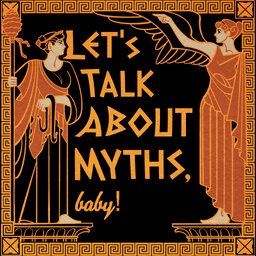They Really Just Loved to Sing & Dance, Ancient Sparta & The Spartan Mirage (Part Four)
We're talking more of Sparta's history and culture including a (very brief!!) overview of the Persian and Peloponnesian wars and just a taste of Sparta during the Roman period, Lacedaimonia Land. Help keep LTAMB going by subscribing to Liv's Patreon for bonus content!
CW/TW: far too many Greek myths involve assault. Given it's fiction, and typically involves gods and/or monsters, I'm not as deferential as I would be were I referencing the real thing.
Sources: Thucydides translation by X; Spartan Cultural Memory in the Roman Period by Nigel M. Kennell from A Companion to Sparta, Edited by Anton Powell; Pre-Classical Sparta as Song Culture by Claude Calame; Reconstructing History from Secrecy, Lies and Myth by Anton Powell; Spartan Religion Michael A. Flower; Spartan Cultural Memory in the Roman Period by Nigel M. Kennell. Find some fascinating Bad Ancient articles on Sparta here.
Attributions and licensing information for music used in the podcast can be found here: mythsbaby.com/sources-attributions.
Let's Talk About Myths, Baby! Greek & Roman Mythology Retold
The most entertaining and enraging stories from Greek mythology and the wider Ancient Mediterranean …Social links
Follow podcast
Recent clips

AHFG Book Club: Jenny Williamson's Enemy of My Dreams
1:16:02

RE-AIR: Conversations: A Long and Storied History of Sparta, Modern Misuse & Misconception w/ Stephen Hodkinson
1:40:25

Hermes Historia: Giorgos the Oikist, Colonization in Greek Antiquity
42:43
 Let's Talk About Myths, Baby! Greek & Roman Mythology Retold
Let's Talk About Myths, Baby! Greek & Roman Mythology Retold